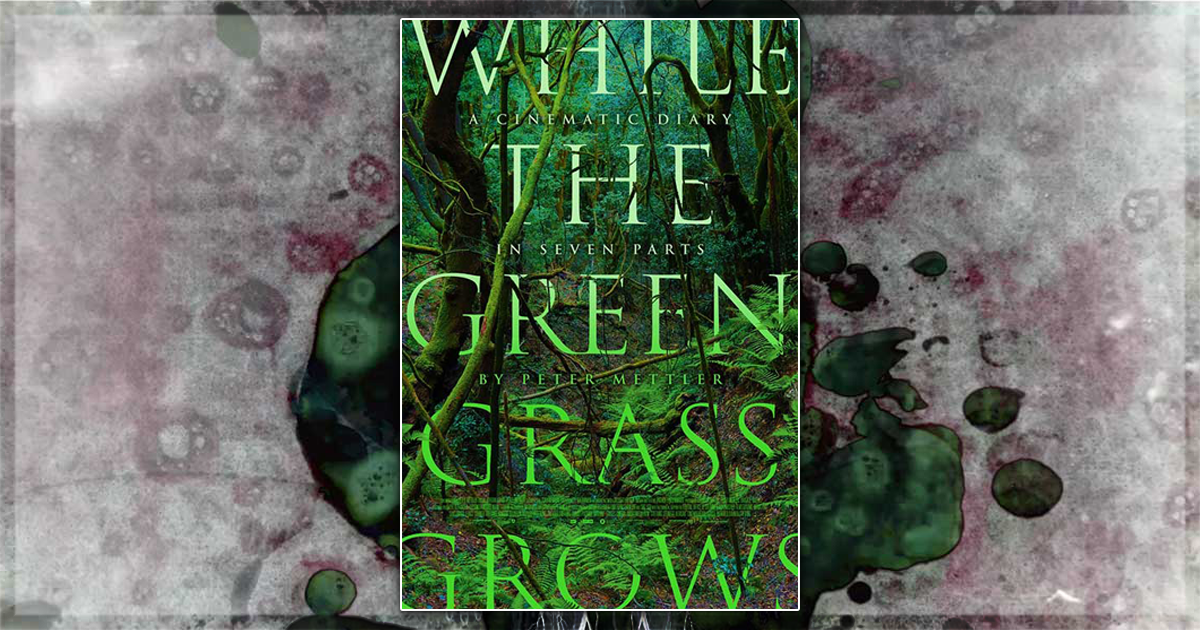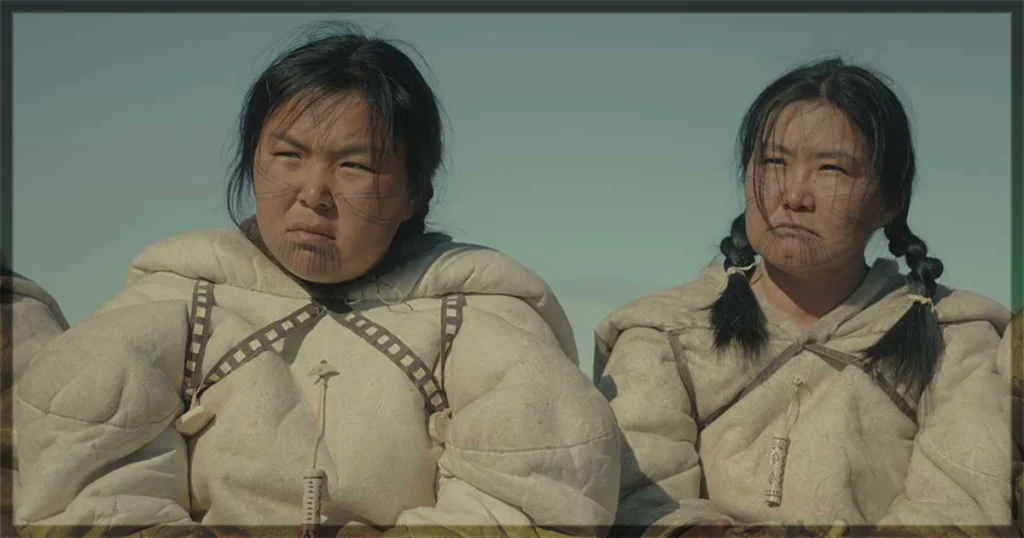The Swiss-Canadian director, Peter Mettler, is a respected documentary filmmaker. Focusing on exploring the miracles of existence, his films observe the environment surrounding human beings. In this sense, he tends to release long films that meditate on the humane reality. His career spans four decades, featuring celebrated films like Picture of Light, The End of Time, and Gambling, Gods, and LSD. Consequently, the instances of his life heavily influence his work, shifting the interests throughout his career. For observational documentary filmmakers, a theme or topic is essential to define their upcoming projects. However, Mettler explores a plethora of subjects to compose his new highly personal project, When The Green Grass Grows: A Diary in Seven Parts. The director utilizes a loss as the inception point of a personal odyssey. In 2019, his mother died. Hence, the Swiss-Canadian filmmaker uses the cinematic canvas as a diary to transport his feelings on her passage.
In Part 1: Here in the World, the director reflects on his late mother’s death. Firstly, we accompany the agony of the end, a footage of her in 2015, in a health condition which alludes to the conclusion of her life. Four years later, she dies. Yet, the introduction establishes the equal importance of Switzerland and Canada, countries where he and his family lived. There is a crucial significance of those countries to the director. In the first part, he reflects on life; a heavy philosophical debate rings in his head. Still, Mettler approaches different moments of his life in the aftermath of his mother’s death, conveying a portrayal of his grief through the imagery of the emptiness of the house or playing piano in the living room for himself. In this case, the diary approach presents itself in the organization of the documentary. Each scene has a meditation on that specific moment in his life.
The director front-loads most of the expositional content of his film in the first part, and the action and events in his life are predominantly in the beginning. He balances the chapter between grief and an immersive project with a friend within a cave, where projectors create images on the surface of rocks. The filmmaker finds comfort in experimentation, bonding with friends over a visual immersion. Consequently, in Part 2: My Grandma was a Tree, the audience comprehends the director’s interest in the nature. He exposes the curiosity about plants and the indigenous understanding of their intelligence. Thus, the Green Grass he mentions is the point of view of the plants, their intellect, and brilliance. Yet, Mettler engages in a broader and political debate in Part 3: Truth and Consequences, when he travels to the United States to present a film in New Mexico. He explores the painful history of the country through his car travel, passing through St. Louis, a historically violent and unequal city, up to New Mexico, where he observes the natural beauty.
Furthermore, Part 4 is the most personal of the seven chapters of his journal. Freedie’s Diary is the narration of the first anniversary of his mother’s death. Peter and his father go to a cabin to spend some time together. It is a beautiful moment of tenderness, wandering around the snowy venue, and comprehending the beauty of life. It is indeed an intimate portrayal of the long process of grief that he and his father have been going through. In Part 5: Ojo de Agua, the director goes to Cuba as part of a residency at the Escuela Internacional de Cine y Televisión, where he has the honor of living in the room of the school’s founder, Fernando Birri. Consequently, Peter embarks on multiple crusades throughout the Cuban rivers to film the natural environment. Meanwhile, he documents the beauty of the Cuban waters and collectively shoots in boats with a few colleagues from the school. The excursion on the EICTV is a combination of his desire to continue filming his journal, yet it becomes a travelogue in the chapter.
Ultimately, in Parts 6 and 7, the director concludes his journey of portraying the natural environment around him. Finally, after seven hours of the documentary, the audience reaches the end of an intense odyssey. Peter Mettler documents his grief, pain, curiosity, and interests in a long and unbothered film. He meditates on the Cuban rivers, New Mexico canyons, and Swiss forests, while he attempts to find the point of view of the plants: the natural intelligence. Finally, while the Green Grass Grows is an experiment in the documentary diary form, stretching the author’s fascinations over seven hours of footage and personal logging.
While The Green Grass Grows: A Diary in Seven Parts recently played at the Toronto International Film Festival.
Learn more about the film at the official TIFF site for the title.


